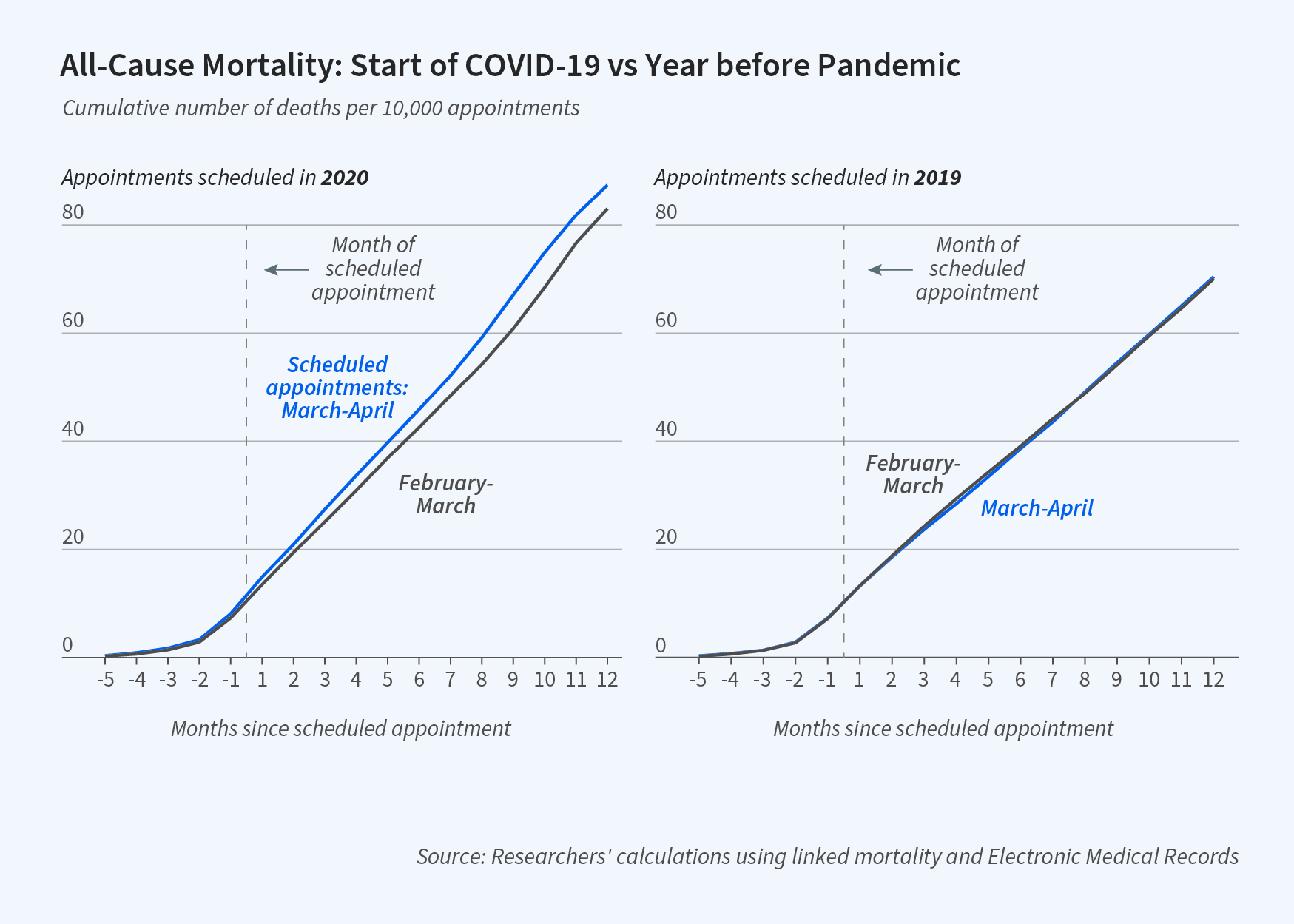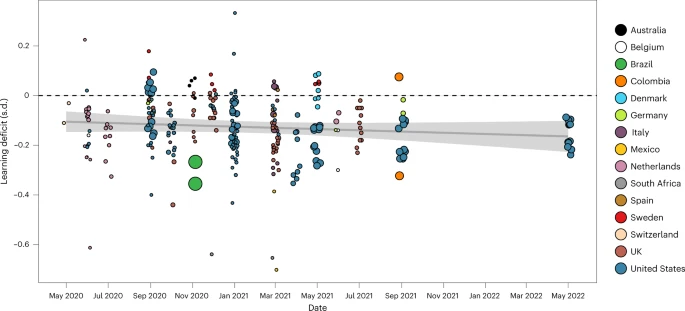CDC
Our findings highlight opportunities for strengthening surveillance, health systems, and access to realistically available therapeutics, and scaling up risk-based vaccination.
Nature
Recommendations serve as instruments to be considered when designing new policies, to incorporate a human rights perspective in responses to current and future pandemics.
News Med. Life Sc.
Earlier vaccination programs delivered greater health benefits and produced lower ICERs in relation to GDP per capita.
LSHTD
What we can learn from the history of vaccine science and development.
Pew Research C.
The coronavirus pandemic has been associated with worsening mental health among people in the United States and around the world.
NBER
A new study of COVID-19-related disruptions in health care sheds light on the value of nonurgent medical care.
The Conversation
About half (52%) of the women home-schooled children during the pandemic. Of these, 30% stated they were solely responsible and 31% were mostly responsible for the home-schooling.
Nature Human Behaviour
We find a substantial overall learning deficit, which arose early in the pandemic and persists over time. Learning deficits are particularly large among children from low socio-economic backgrounds.
CABI News
The fall armyworm is arguably the most damaging invasive species to afflict all corners of the continent affecting major African crops – particularly maize, sorghum, millet and legumes.
BBC
Like in many countries, misinformation about Covid-19 has circulated widely in Morocco during the pandemic...











